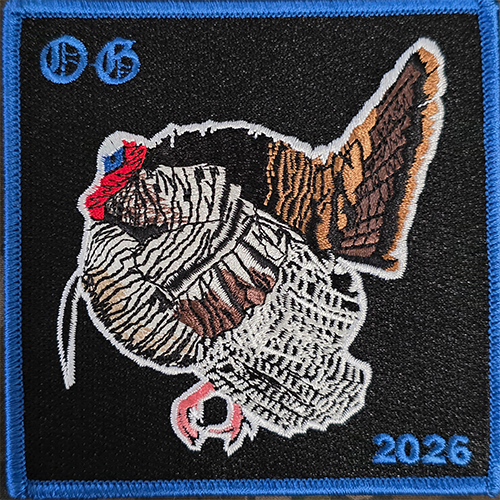        |
Locator calls, when, where, how.Started by mountaineer long beard, February 06, 2021, 08:57:38 PM Previous topic - Next topic
User actions
|
        |
Locator calls, when, where, how.Started by mountaineer long beard, February 06, 2021, 08:57:38 PM Previous topic - Next topic
User actions
|